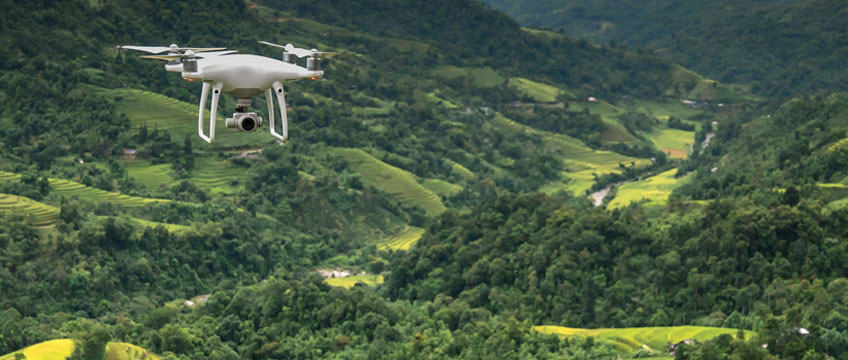In August 2024, at its fourteenth session, the United Nations Committee of Experts on Global Geospatial Information Management reiterated “the importance of strengthening and enhancing national geospatial information management arrangement, capacity, capability and leadership” and in recognizing the transformative role of geospatial information management in national development, the Committee urged “sustained investments in national geospatial programmes.” The Committee of Experts also noted the impact of emerging technologies and trends on geospatial information management and the need to ensure integrated, efficient, and future-ready geospatial ecosystems. These considerations align with the Global Digital Compact , adopted at the United Nations General Assembly on 22 September 2024, which emphasized the importance of national digital public infrastructure, of which integrated geospatial information is a key component.
In August 2023, in making decision 13/101 at its thirteenth session, the UN-GGIM “noted the progress and efforts made to finalize the modalities for the establishment of the United Nations Global Geospatial Knowledge and Innovation Centre (UN-GGKIC) in Deqing”. The Centre’s overarching goal is to work towards the ambitions of implementation of the United Nations Integrated Geospatial Information Framework (UN-IGIF) set by Member States to develop capacity, promote and support the required innovation, leadership, coordination and strengthen national geospatial information management arrangement, particularly for developing countries. In accordance with its Strategic plan, adopted by the UN-GGIM in 2024, the main goal of the Centre is to develop leadership and collaboration to support countries in advancing, integrating, managing, and using geospatial information resources, leveraging the UN-IGIF for social, economic, and environmental benefits.
To address the growing need of geospatial information and sustained leadership on this matter, the (UN-GGKIC) in close collaboration with the Centre for Spatial Data Infrastructures and Land Administration (CSDILA) at the University of Melbourne will host a “Geospatial Leadership Training and Global Forum for the Next Generation of the Sustainability Agenda” will be held from 1-3 April 2025 in Melbourne, Australia. The event will feature a Leadership Training (1-2 April) focused on geospatial knowledge and innovation, followed by a Global Forum (3 April) that explores the role of geospatial intelligence in tackling global sustainability challenges, with a strong emphasis on the Sustainable Development Goals (SDGs) and land access for climate action. Building on the global recognition of geospatial intelligence in addressing climate challenges, this event also aims to accelerate the deployment of geospatial solutions for climate adaptation, disaster risk reduction, and sustainable resource management. The event will showcase practical geospatial applications, foster knowledge-sharing, and contribute to the global agenda on sustainable development.
The meeting is hosted by the UN-GGKIC and the CSDILA at the University of Melbourne, with the support from international organizations including the World Bank, CASM, FIG, ISPRS, RIIS, and the Geospatial Council of Australia.
If you are interested in attending (online or in person), visit the Event website and express your interest via the Expression of Interest (EoI) form.
.
